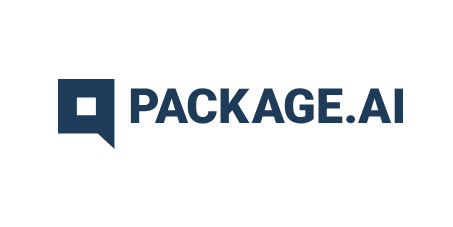Insider Brief
- Robin AI launches “Answer Types” for Robin Reports, enabling legal teams to easily structure contract data into standardized formats like text, numbers, and dates, allowing seamless integration with tools like Excel, CRM, and CLM systems.
- The tool simplifies legal data extraction and analysis, saving teams up to 98% of review time while enabling precise, customizable answers to legal questions, transforming contracts into valuable data assets for business growth and risk management.
- By democratizing access to structured legal data, Robin AI empowers legal departments to share insights across organizations, helping businesses unlock competitive advantages and streamline decision-making.
PRESS RELEASE — Legal data has long been the missing piece in many companies’ data strategies — now an innovative AI tool structures contract data with unprecedented ease, allowing legal teams to share data across the business.
Why it matters: Robin AI’s legal assistant now allows companies to generate standardized pieces of legal information from contract texts. Through the deeper analysis companies can now perform on their contracts, they have new ways to grow revenue, manage risks, and identify competitive advantages.
- Robin’s “Answer Types” feature — part of its groundbreaking Robin Reports product — allows legal teams to create structured data at scale, by importing data into popular software such as Microsoft Excel, and other Customer Relationship Management and Contract Lifecycle Management tools.
How it works: Legal teams can set their preferred Answer Type for each question they ask of their contracts using Robin Reports, such as “text”, “number” or “date.”
- Within each answer type, further details can be specified. For example:
- Number answers can be requested in “percentage”, “currency” or “general” number formats.
- Text answers can be requested as narrative “summary” or as “shortest answer.”
- Users do not need to be prompt engineers — Answers Types guides users toward successful questions, allowing them to create a fully customizable report on their contracts.
- Answers can be as short as one number or word, in the case of yes/no questions. Text answers can be a single short sentence, instead of the 2–3 sentence answers offered in earlier versions of Robin Reports.
- Robin’s model is conditioned not to be over-confident: The model will refuse to answer questions where it cannot determine an answer in the requested format, replying with “N/A.”
What they’re saying: “This is the start of a monumental transformation in how legal teams operate,” said Robin AI CEO and co-founder Richard Robinson, a former Clifford Chance lawyer.
- “We are entering an era where businesses can use AI to easily create data assets out of their contracts and legal documents,” Robinson said.
- “Whether you’ve got 10 contracts or 10,000, you can extract what you need, and get precise and standardized answers to your questions with Robin Reports,” Robinson said.
- “Legal departments can now easily share valuable data with other teams. Lawyers will be able to spend more time helping their businesses to grow,” he added.
Context: Robin Reports provides the first versatile application for lawyers and non-lawyers to extract and synthesise information from across hundreds or thousands of legal documents at once, saving them up to 98% of their time in reviewing these documents.
- Now, with Answer Types, legal teams can get more concise answers, and perform deeper analysis because the data is structured.
- Previous efforts to use CRM and CLM software to generate structured data have ended either in failure, or were expensive because legal teams still needed to manually map contract data into spreadsheet fields.






